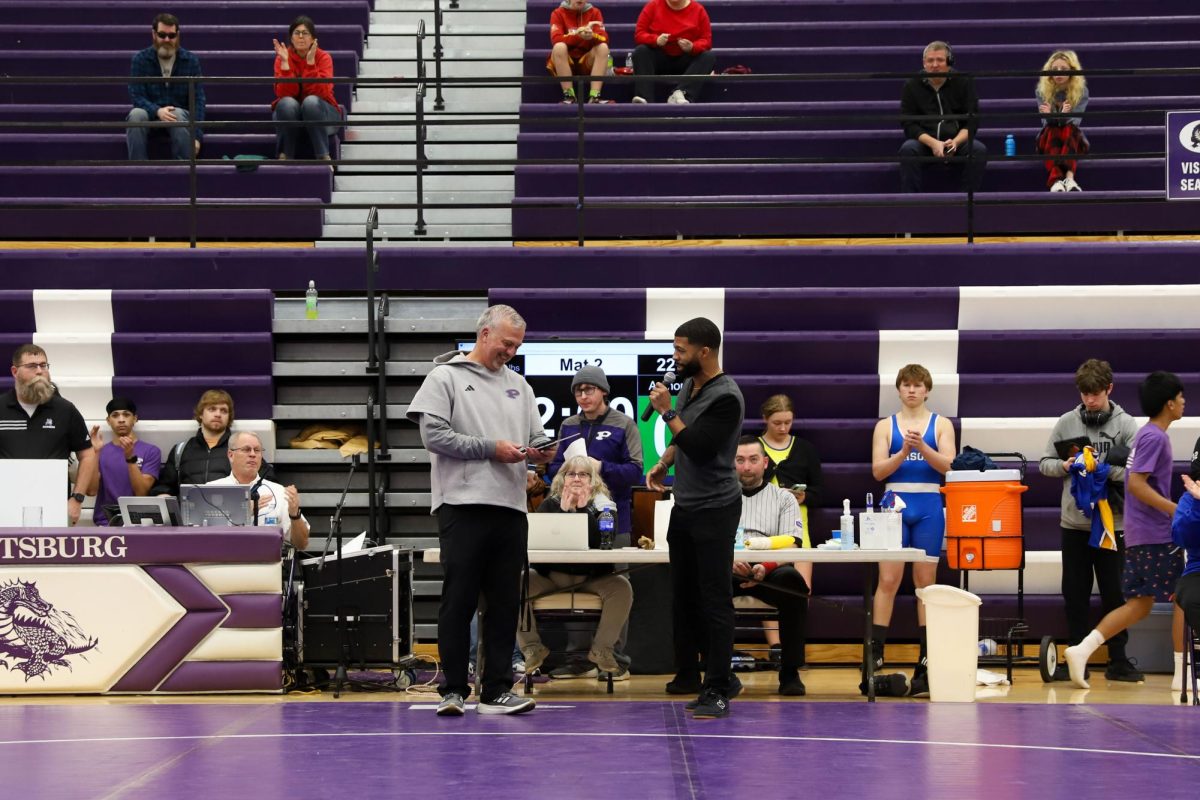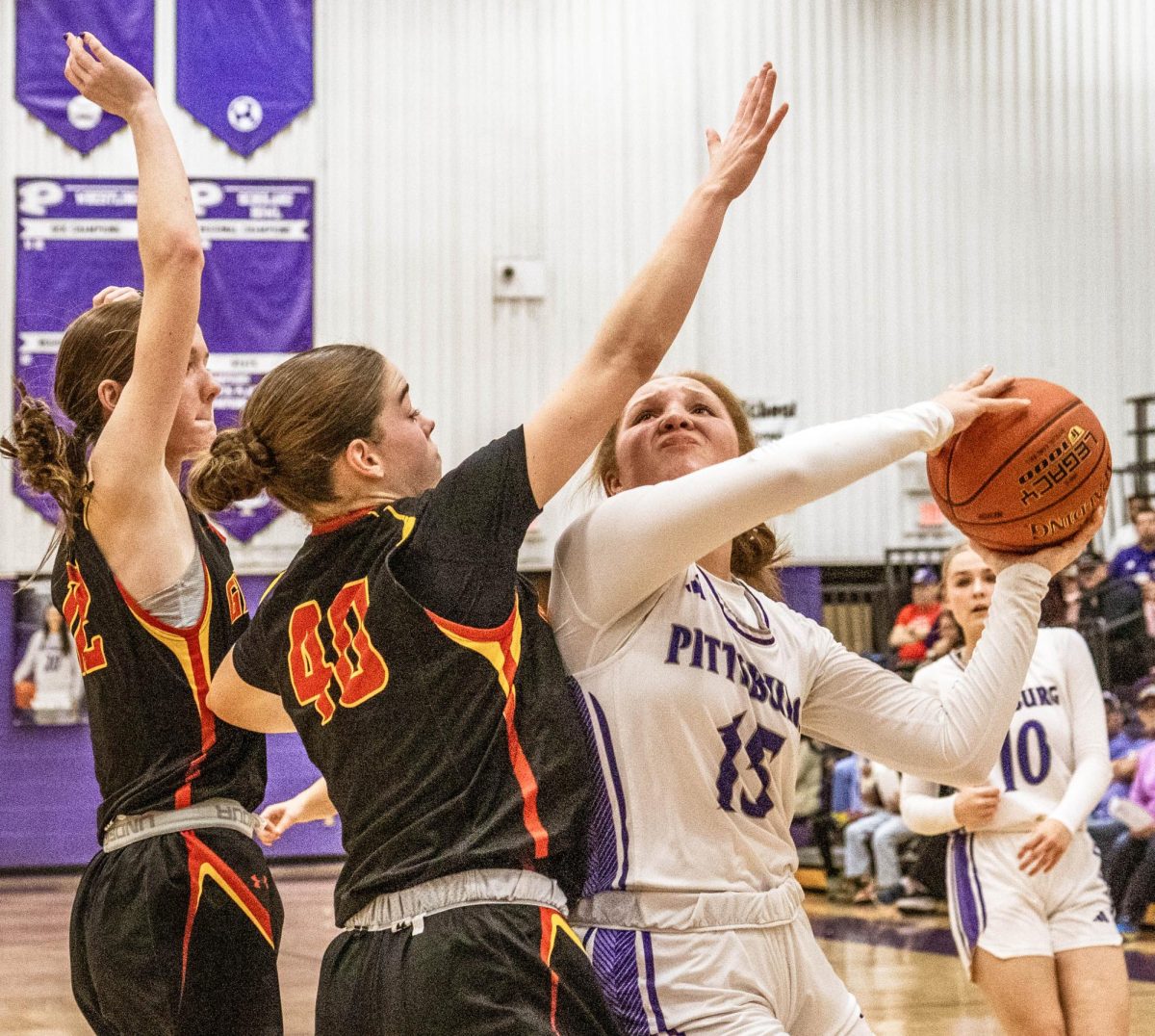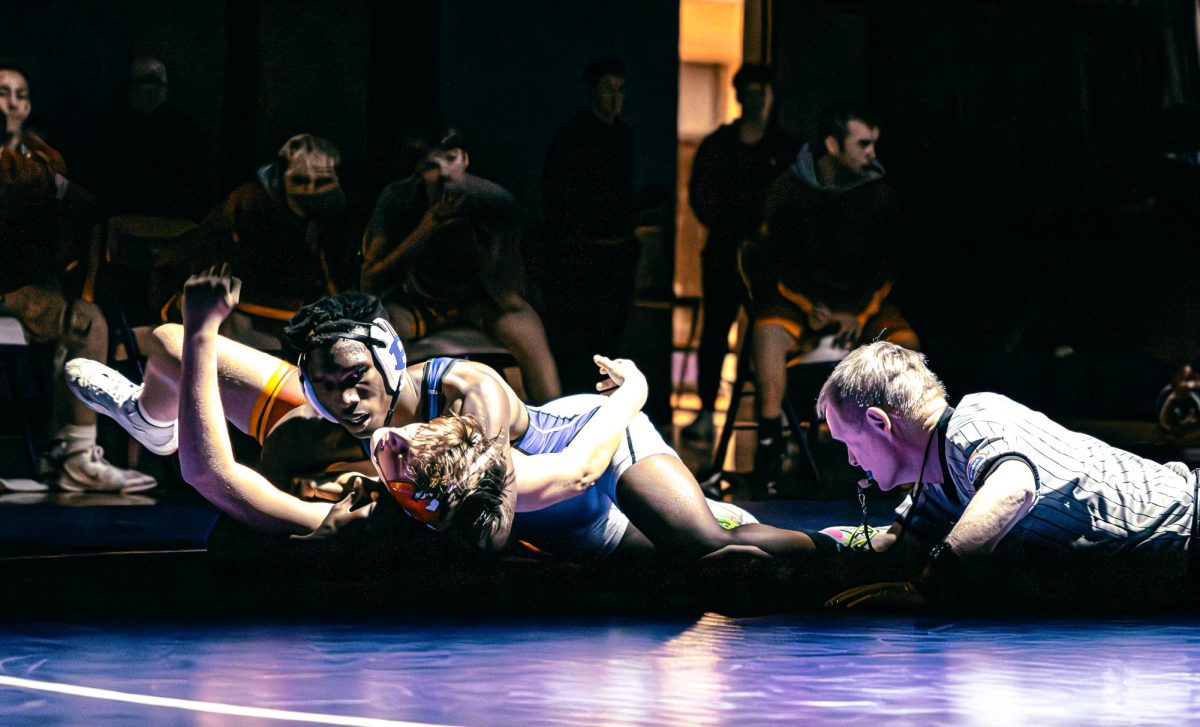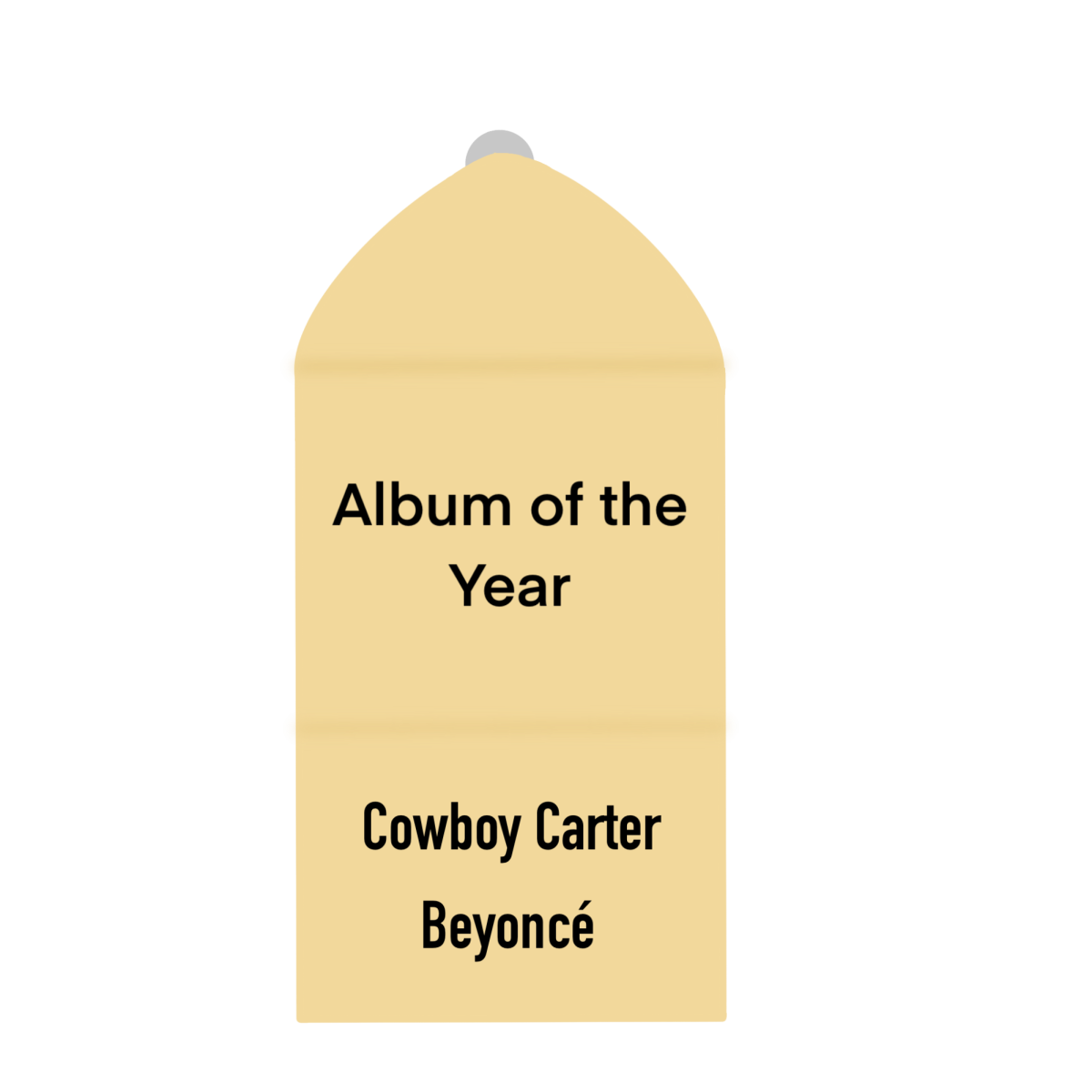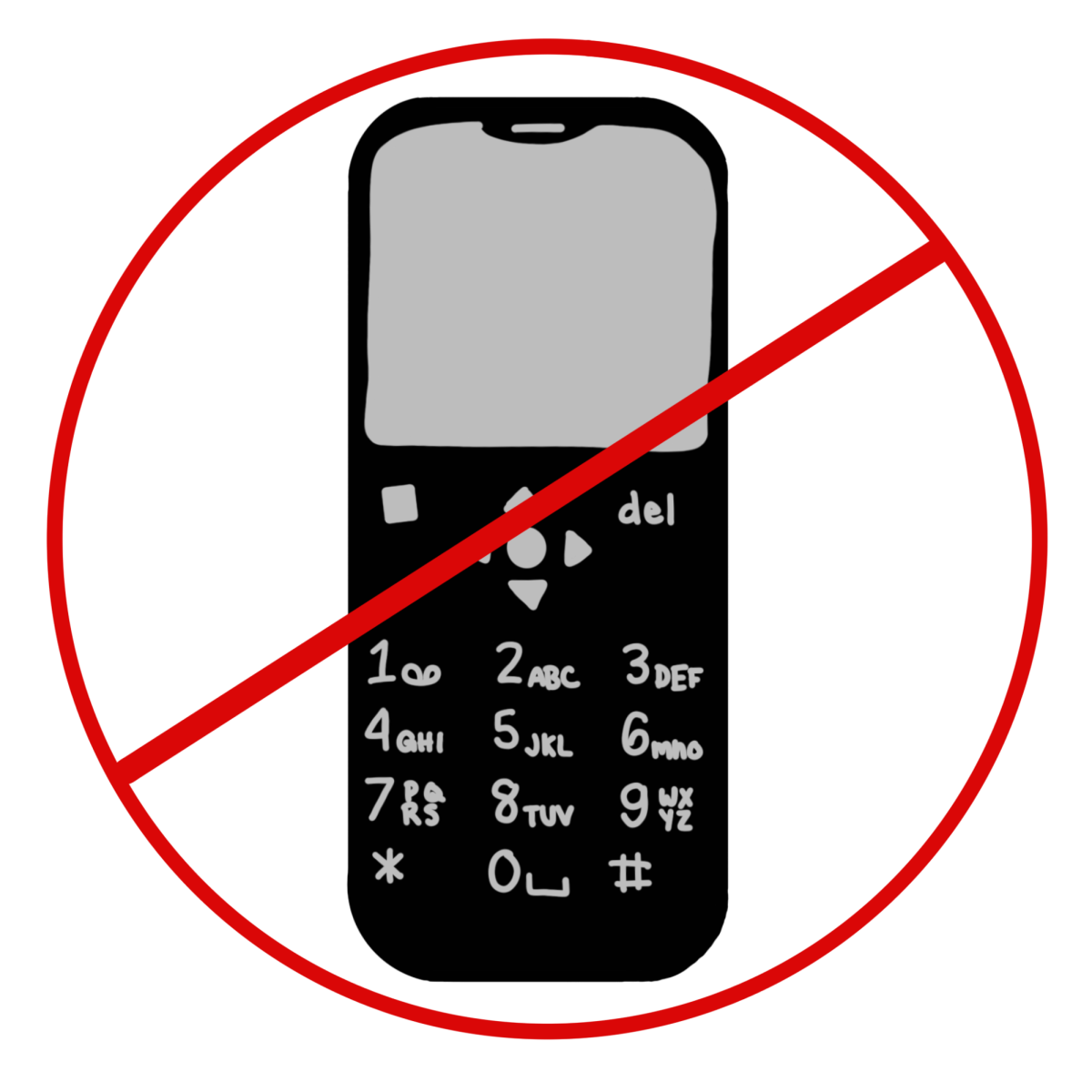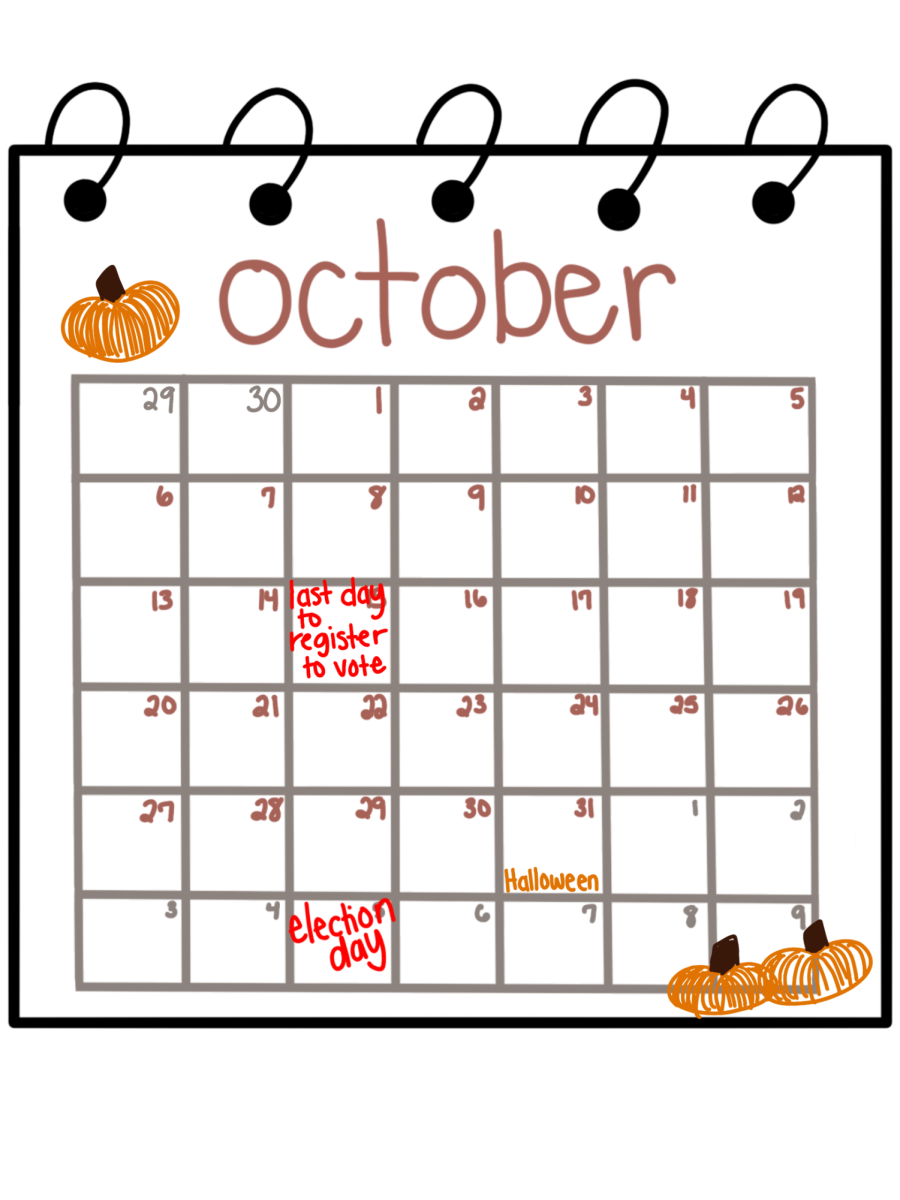Let’s discuss one of the most potent powers you have at your disposal: student protests. Student protests have long been at the forefront of organized political resistance and social reform, serving as a major impetus in shaping the socio-political landscape of nations. Protests are the movement for civil rights, and youth empowerment, and a phenomenal way to enter larger organized politics.
I’ll be honest, even as a poly-sci-loving, literature-reading, leftist, politics is incredibly boring. Politics is a game run by old, rich, white men, who want nothing more than to quibble about bylaws, and couch important movements behind old systems of oppression and obfuscation. But, student protests are the perfect way to avoid the tedium of politics with the advent of fresh new voices, radical ideas, and the propensity for real change. Students, by virtue of our position in society, often have a unique perspective on old ideas like education, social justice, and the environment. It is much easier to challenge the injustice of the status quo when you are in a melting pot of people who are directly affected by policy change at every level.
An example is the student-led protests of the 1960s during the Vietnam Era. In the United States, these protests were instrumental in challenging the violent regime of the military complex in Vietnam and the human rights violations during the Vietnam War. Even today, movements like “Fridays for Future,” inspired by Greta Thunberg, assemble millions of young students in hundreds of countries to demand change and affect international politics.
Finally, protests are a fun and unique way to become educated. At Pitt, we’re fortunate to have such a talented crop of teachers, but even with the best teachers the drudgery of structured learning about events in the past and causes you can’t affect is the worst. With protest, however, all it takes is a bullhorn, a few friends, and a moral standpoint you identify with. What better way to become educated than marching to the town hall to demand change? At best, with enough support you have real power to influence local elections. As an example, say you hate a new school rule and you think that you’re done being oppressed. So, you gather a group of like-minded individuals to protest at a school board meeting. Not all protests are about chanting, pitchforks, and torches, most are much quieter and persuasive.
Protests come in many forms and are a fundamental right, a right you should exercise often. It can be all too easy to feel powerless, but you aren’t. With a slew of recent executive actions, and a wave of hatred that curls its malignant fingers toward the most vulnerable in our society someone has to stand up and do something about it, and the odds are it won’t be someone in power right now. That’s why we have to band together, like our forebearers of old, to protest injustice in the world.



